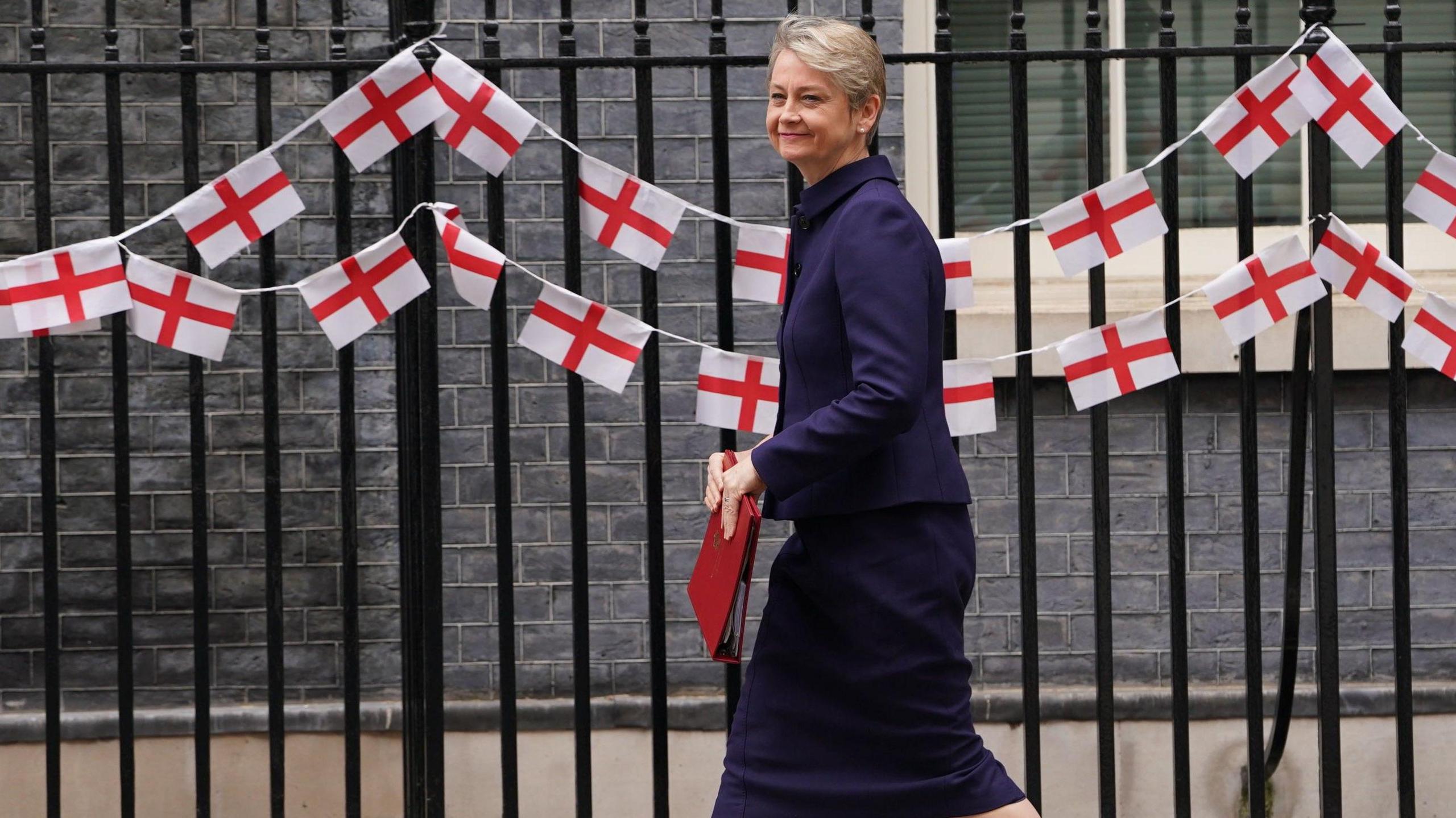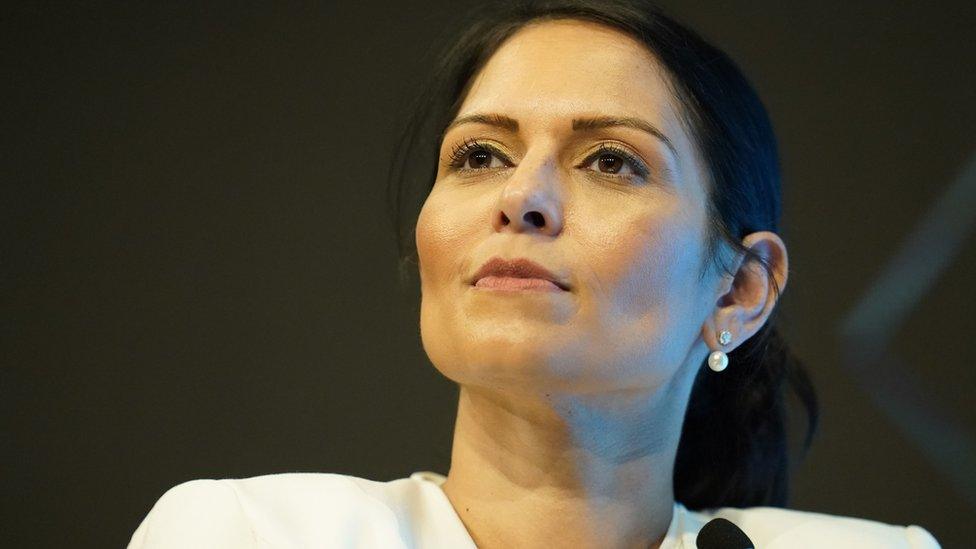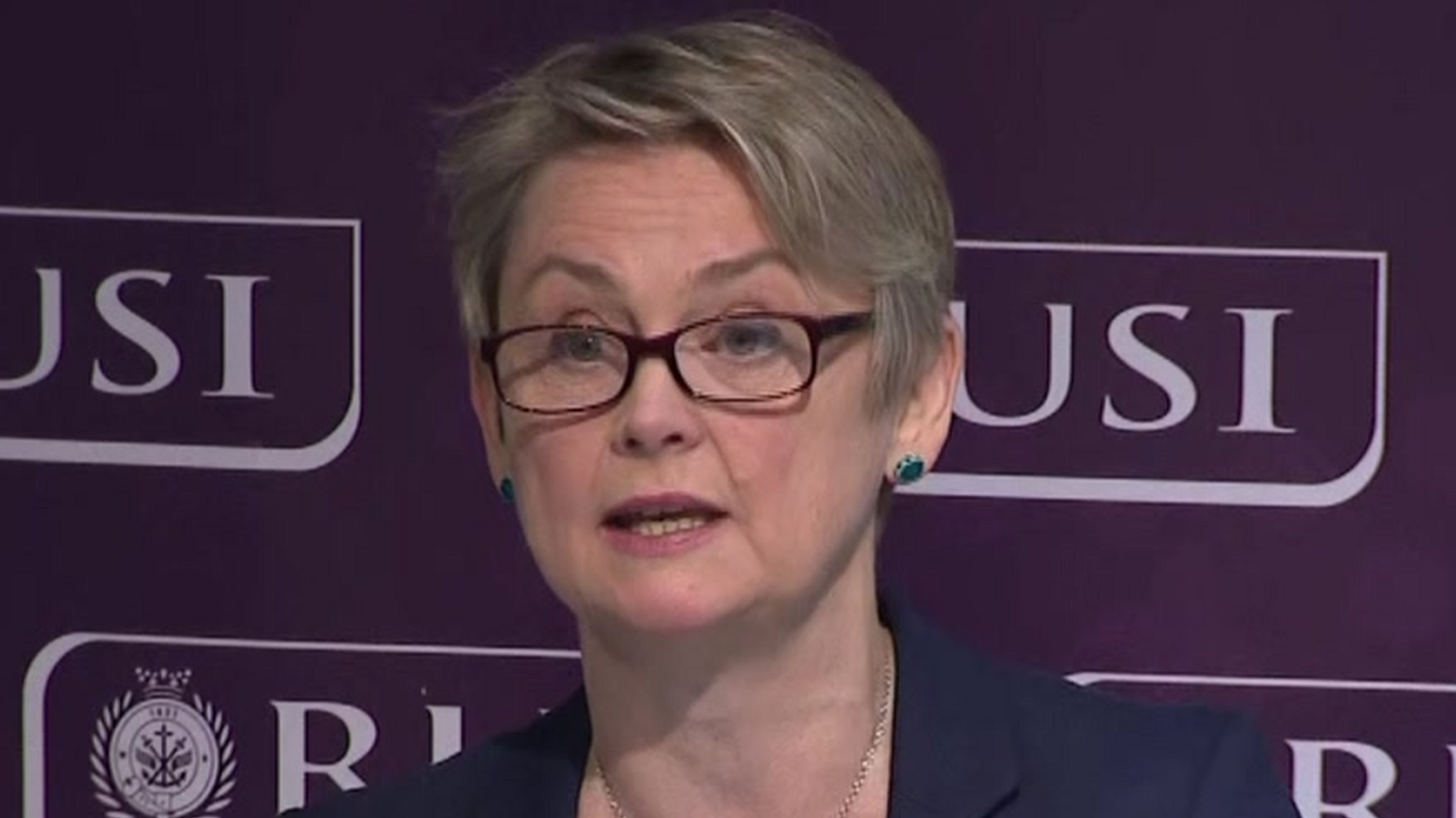Misogyny to be treated as extremism by UK government

Home Secretary Yvette Cooper has pledged to crack down on people "pushing harmful and hateful beliefs"
- Published
Extreme misogyny will be treated as a form of extremism under new government plans, the Home Office has said.
Yvette Cooper, the home secretary, has ordered a review of the UK's counter-extremism strategy to determine how best to tackle threats posed by harmful ideologies.
The analysis will look at hatred of women as one of the ideological trends that the government says is gaining traction.
Ms Cooper said there has been a rise in extremism "both online and on our streets" that "frays the very fabric of our communities and our democracy".
The review will look at the rise of Islamist and far-right extremism in the UK, as well as wider ideological trends, including extreme misogyny or beliefs which fit into broader categories, such as violence.
It will also look at the causes and conduct of the radicalisation of young people.
Ms Cooper said the strategy will "map and monitor extremist trends" to work out how to disrupt and divert people away from them.
It will also "identify any gaps in existing policy which need to be addressed to crack down on those pushing harmful and hateful beliefs and violence", she said.
Ms Cooper said that action against extremism has been "badly hollowed out" in recent years.
The work will inform a new counter-extremism strategy, which was promised in Labour's manifesto and which the Home Office says will "respond to growing and changing patterns" of extremism across the UK.
The review is expected to be completed by October. It is one of a number of policy reviews Labour has announced since coming to power in July, including the Strategic Defence Review, spending review and a review of the National Curriculum.
Critics might argue that some reviews are a proxy for actual action, but Labour has pointed out that there has been no new Counter Extremism Strategy since 2015, and that an assessment of new and emerging threats is overdue.
This is also not the first time the government has considered misogyny as a form of extremism.
For some years there has been concern around "Incel culture", an online movement of mainly young men who describe themselves as "involuntarily celibate" and blame women and "alpha males" for their problems.
A mass shooting in Plymouth in 2021 by 22-year-old Jake Davison, who killed five people before fatally shooting himself, was linked to Incel ideology.
At the time no further policy action was taken, but incidents like that one, and also the rise of social media influencers such as Andrew Tate - a self-proclaimed misogynist - may have pushed the new government to think again.
Related topics
- Published11 March 2024

- Published17 July 2023
